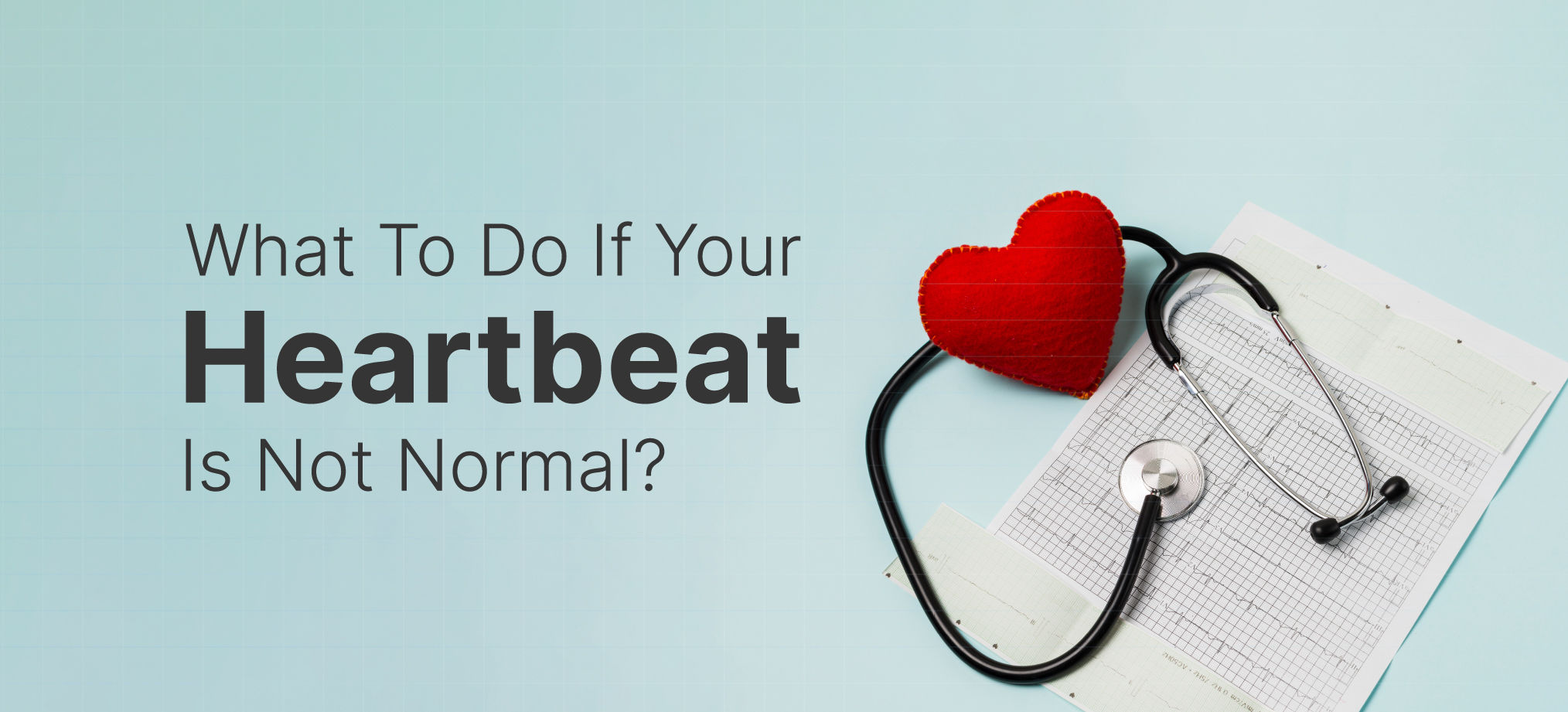Heart Conditions
The Coffee & Heart Connection: Is It Good or Bad?
4 min read
By Apollo 24|7, Published on - 26 September 2022, Updated on - 04 November 2022
Share this article
0
10 likes

Be it the regular latte, a mug full of cappuccino, the famous Dalgona coffee, or a shot of espresso; coffee is a go-to drink for most people globally. However, people have lately started debating about its good or bad effects on health. A recent study at Harvard University has claimed that drinking 2 to 5 cups of coffee daily may help in reducing heart diseases, type 2 diabetes, depression, and other ailments. This is contrary to the widely shared opinion that consuming coffee harms the body. While there are different types of coffee, let us understand the benefits of a few.
Is black coffee beneficial for health?
Black coffee is prepared by mixing ground coffee in hot boiling water. Ingredients like milk, honey, and sugar are mostly not used. Though there are many health benefits of black coffee, overconsumption must be avoided owing to its high caffeine content. Here are some key benefits of drinking black coffee:
1. Contains micronutrients
Coffee contains sodium, niacin, riboflavin, magnesium, and other micronutrients that are essential to maintain blood pressure and for the proper functioning of the body.
2. Pre-exercise routine
Consuming caffeinated drinks is a famous pre-exercise routine, especially among those who lift heavy weights. Black coffee is rich in caffeine that stimulates brain cells and improves energy levels instantly. Therefore, athletes and bodybuilders often prefer drinking black coffee before training.
3. Packed with antioxidants
Coffee is rich in antioxidants that protect our organs from oxidative damage and also protect the skin from environmental hazards and pollution.
4. Reduces weight
Caffeine in coffee may suppress hunger by boosting metabolic activities in the body. It also contains chlorogenic acid that may inhibit glucose production in the body. Therefore, drinking black coffee after meals may help reduce weight.
5. Controls diabetes
As coffee enhances the production of insulin, it may help in controlling blood sugar levels. However, overconsumption must be avoided.
6. Reduces the risk of cardiovascular ailments
Drinking coffee is often related to increased levels of blood pressure. However, recent studies have revealed that coffee consumption decreases the possibility of heart failure and other cardiovascular diseases.
7. Improves liver health
Coffee consumption can be good for your liver health as it inhibits the growth of harmful enzymes found in the blood. Research also shows the benefit of coffee in reducing the risk of liver cancer.
8. Cleans the urinary system
The benefits of black coffee include its function as a diuretic, i.e., it flushes out the toxins from your body by stimulating urination.
9. Boosts memory
Drinking black coffee keeps nerves strong and boosts memory by improving brain cell health. It can also help delay the progression of symptoms in those with Alzheimer's Disease.
10. Reduces stress
Black coffee works as a psychoactive stimulant, thus reducing stress and anxiety.
What is green coffee?
Green coffee is made from unroasted coffee beans, thus it contains low levels of caffeine in it. Therefore, it is often believed that drinking green coffee is much safer than regular coffee. Some of the key benefits of green coffee are listed below:

1. Anti-ageing
Green coffee stimulates skin regeneration, by keeping issues like wrinkles and fine lines at bay. It is often added to sunscreens to protect the skin from UV rays and blemishes.
2. Cancer protection
Green coffee is an abundant source of antioxidants and nutrients. These antioxidants are powerful enough to tackle the free radicals responsible for forming cancer cells in the body.
3. Improves mood
Caffeine promotes the production of dopamine, which does the job of uplifting mood. It also improves brain function and keeps our mind alert and cheerful.
4. Improves overall health
Green coffee detoxifies the body and helps get rid of extra fat and cholesterol present in the body, thereby improving overall health and fitness.
Should you have coffee or not?
Coffee itself isn't bad, but too much milk and sugar might not be good, especially for individuals dealing with issues such as high blood sugar or high blood pressure. Moreover, according to the FDA, around 400 milligrams of coffee is considered safe for consumption in a day.
Drinking coffee, tea, or any beverage works only if you don't compromise your regular nutrient intake. Moreover, the key is drinking coffee in moderation, while avoiding its addiction.
If you still have any doubts,
Medically reviewed by Dr Sonia Bhatt.
Heart Conditions
Leave Comment
Recommended for you

Heart Conditions
Why Is My Heart Beating So Fast? Causes, Home Remedies, and Red Flags
If you have a racing heart, also known as tachycardia, watch out for excess caffeine drinks, and alcohol. Read this blog, as we highlight the different causes, remedies and red flags which trigger a fast heartbeat.

Heart Conditions
High Triglyceride Levels and How It Affects the Heart
High triglyceride levels in the blood can increase the risk of developing various heart diseases and metabolic syndrome.

Heart Conditions
Low Blood Pressure (Hypotension): Symptoms, Causes, and Treatment
Abnormally low blood pressure (hypotension) can lead to dizziness and loss of consciousness. Chronically low blood pressure can also signal an underlying health condition such as an inadequate flow of blood to vital organs.
Subscribe
Sign up for our free Health Library Daily Newsletter
Get doctor-approved health tips, news, and more.
Visual Stories

Can Processed Meat Increase the Risk of Chronic Diseases?
Tap to continue exploring
Recommended for you

Heart Conditions
Why Is My Heart Beating So Fast? Causes, Home Remedies, and Red Flags
If you have a racing heart, also known as tachycardia, watch out for excess caffeine drinks, and alcohol. Read this blog, as we highlight the different causes, remedies and red flags which trigger a fast heartbeat.

Heart Conditions
High Triglyceride Levels and How It Affects the Heart
High triglyceride levels in the blood can increase the risk of developing various heart diseases and metabolic syndrome.

Heart Conditions
Low Blood Pressure (Hypotension): Symptoms, Causes, and Treatment
Abnormally low blood pressure (hypotension) can lead to dizziness and loss of consciousness. Chronically low blood pressure can also signal an underlying health condition such as an inadequate flow of blood to vital organs.
